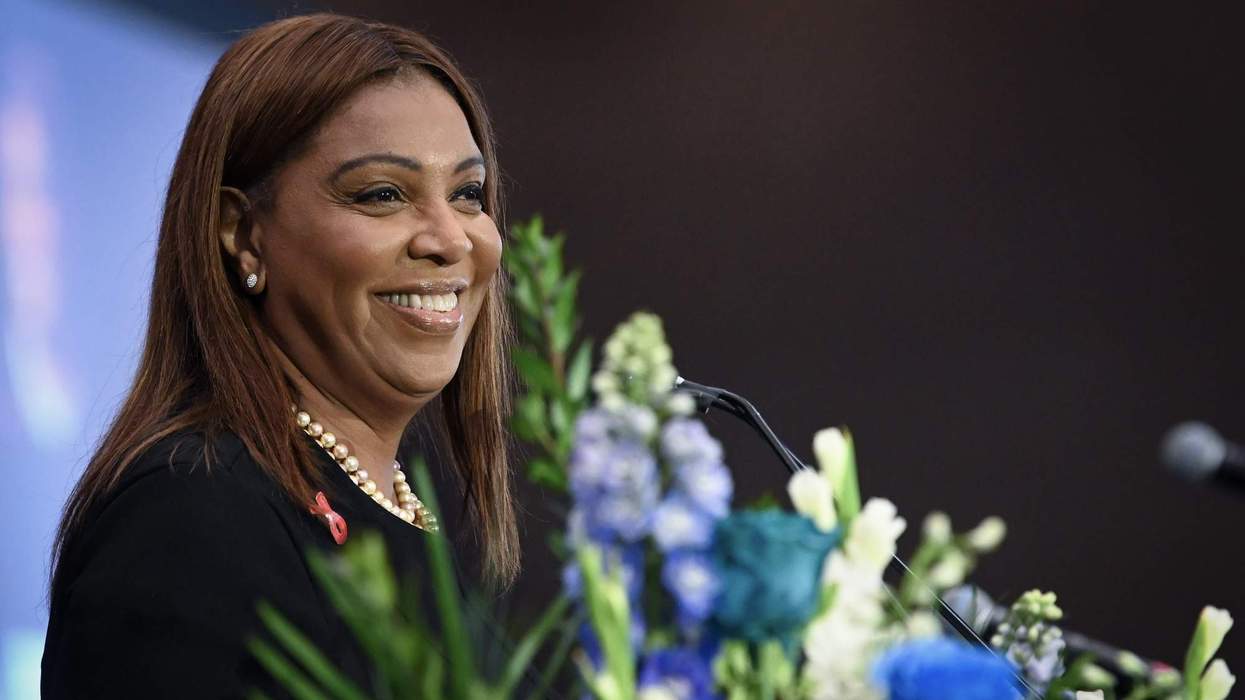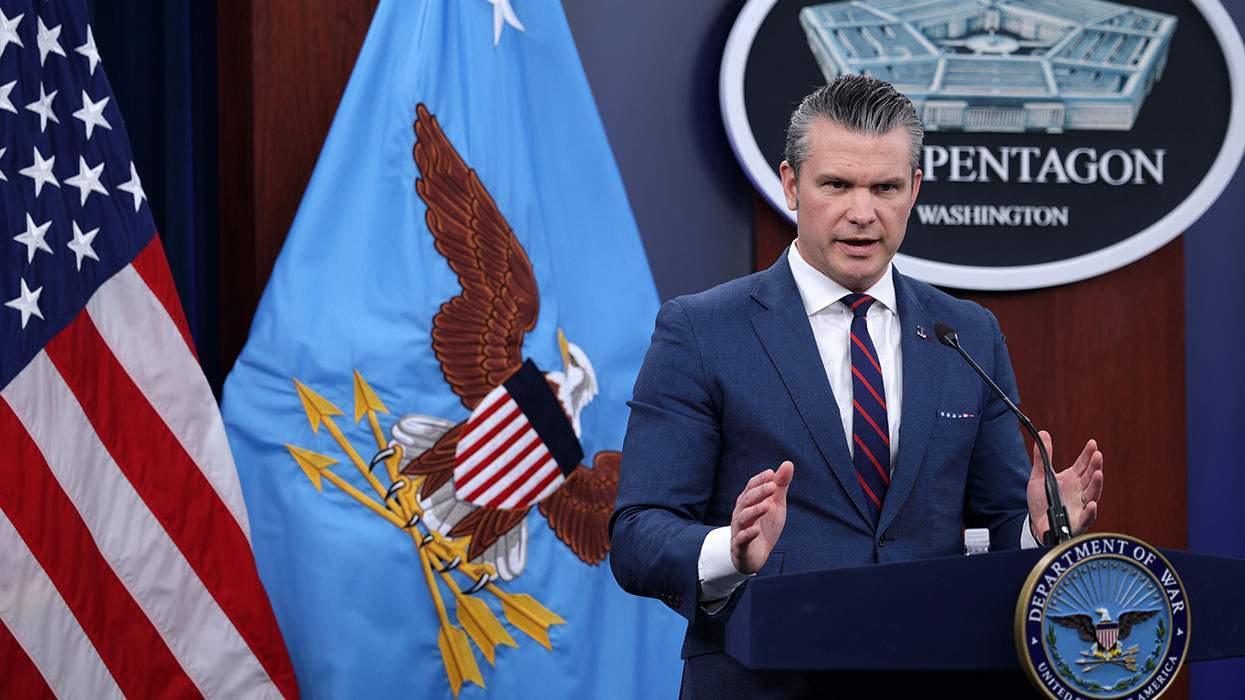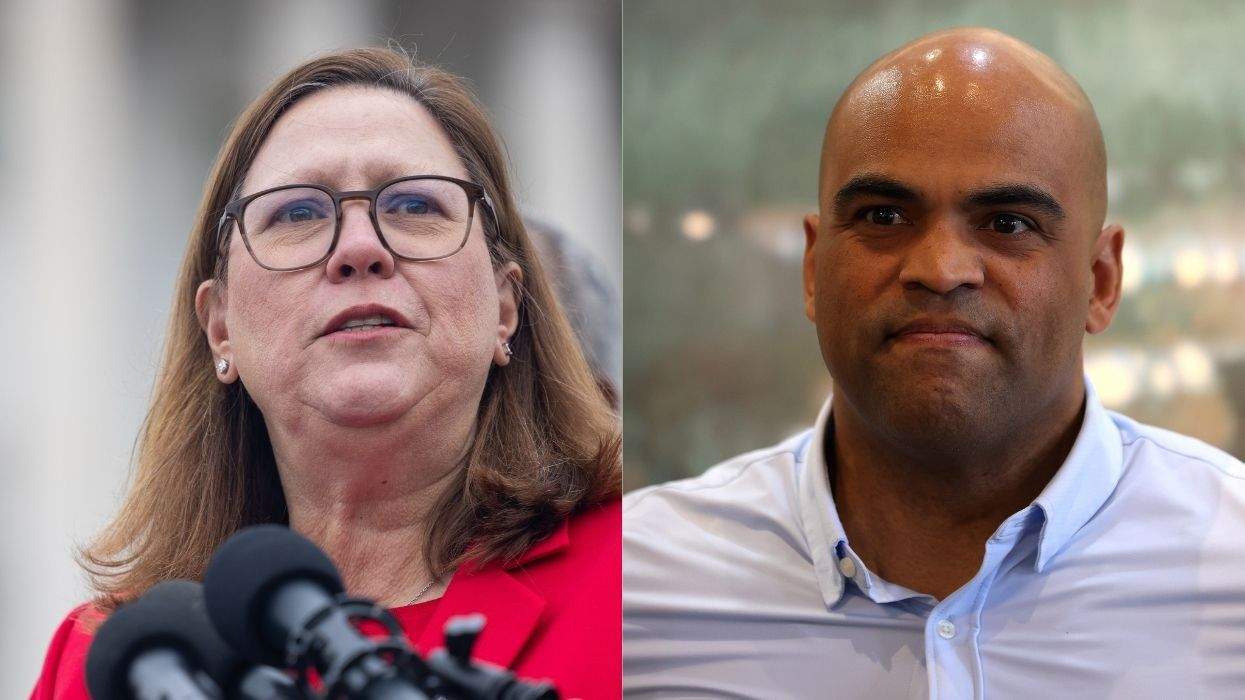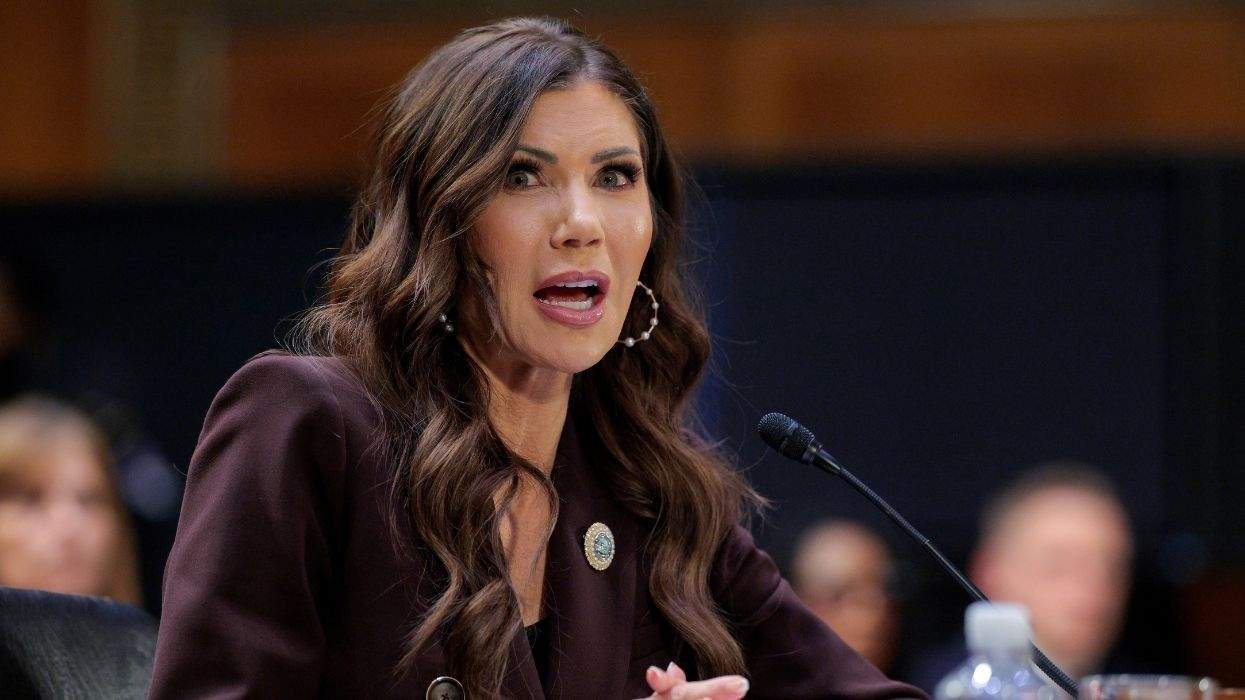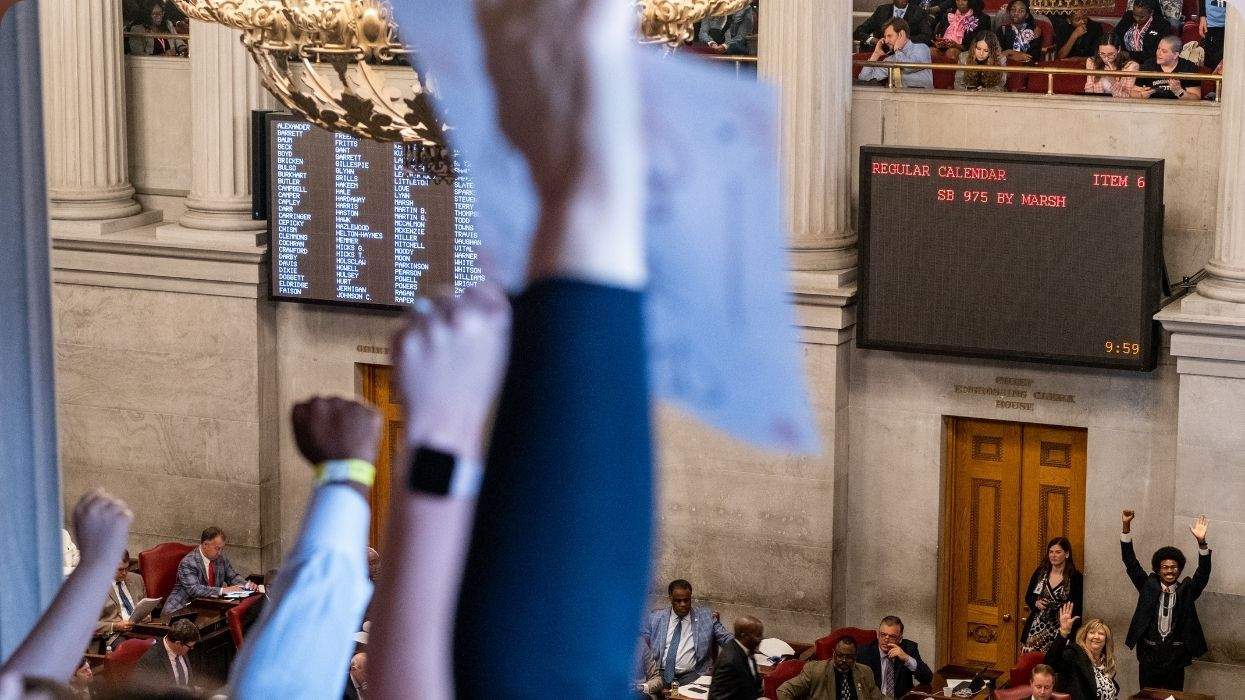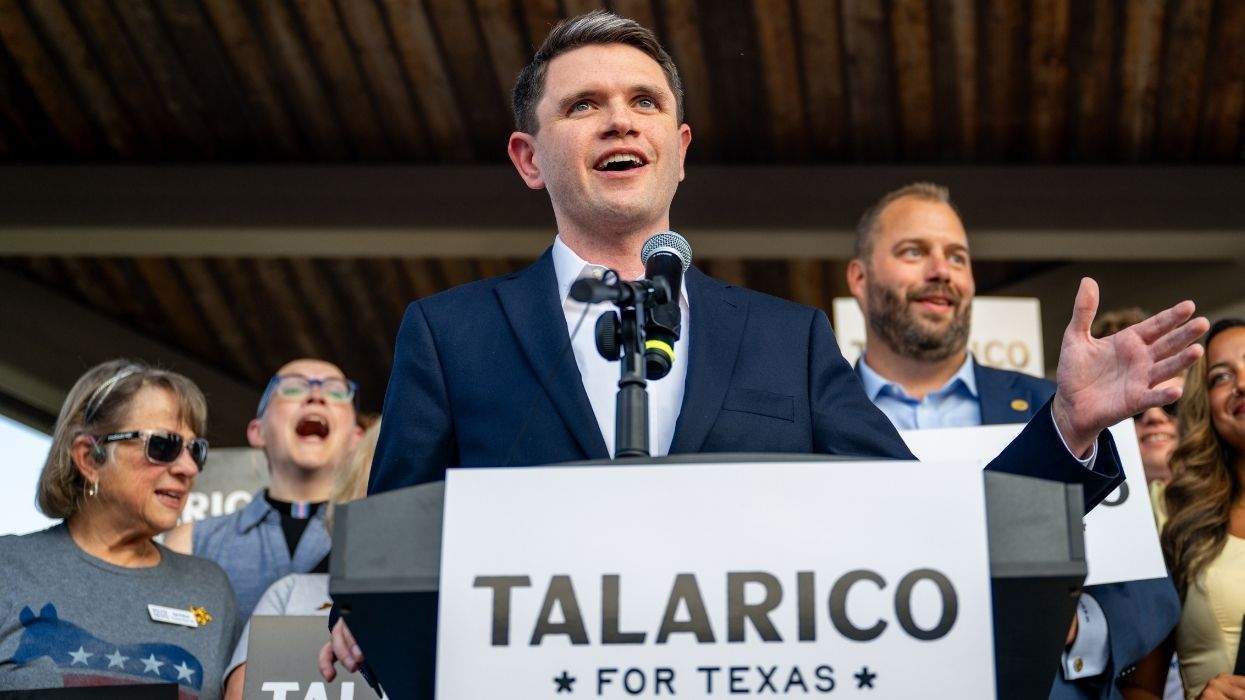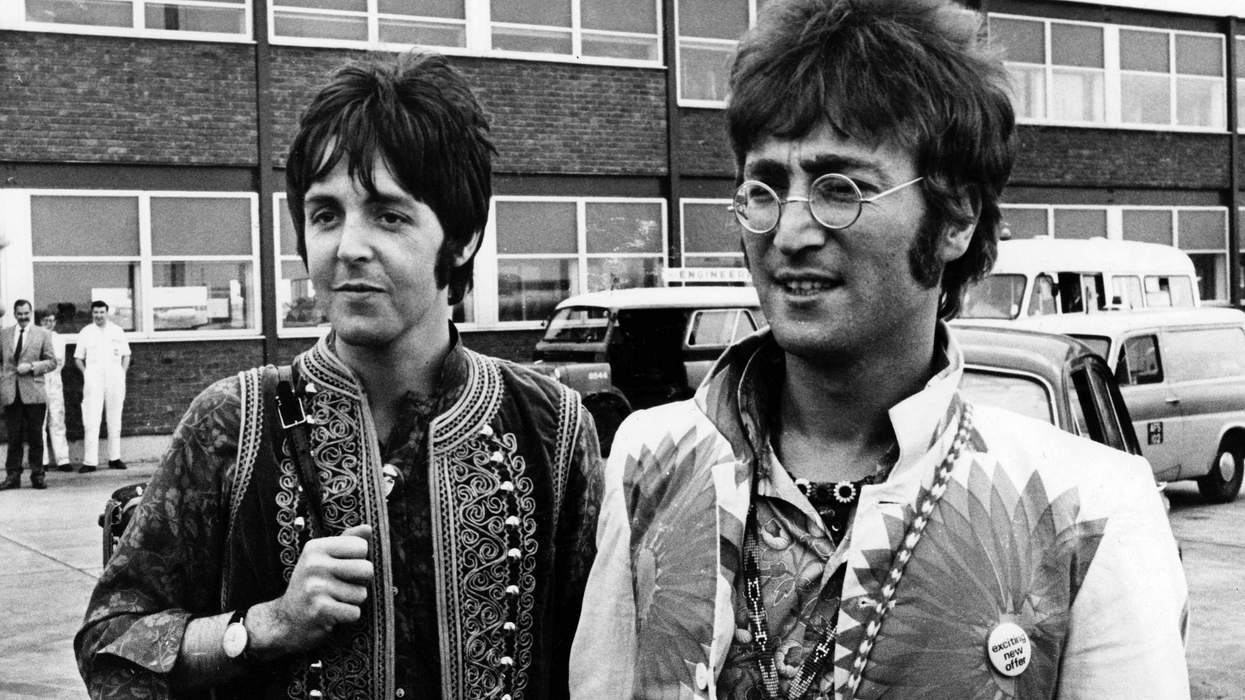Rudy Giuliani has focused on November 2008 -- and Democratic front-runner Hillary Rodham Clinton -- from the outset of his presidential bid with a strategy as uncertain as it is necessary.
''I'm not running against my Republican opponents. I'm running against the Democrats,'' Giuliani insists as he brushes aside reality: before going toe-to-toe with that party's nominee, he must win the GOP nod.
It's a tall -- though not impossible -- order.
The former New York mayor with the messy personal life and moderate-to-liberal positions on social issues is an unorthodox choice given that conservative voters usually hold considerable sway in Republican primaries.
But since the year began and to the surprise of many party pundits, the politician whose identity is forever linked to 9/11, has maintained his strong-contender status.
Republican strategists attribute his staying power in no small part to his central argument to GOP voters desperate for victory next fall: He can win against a Democrat -- and one in particular.
''I'm the only Republican candidate who can beat Hillary Clinton,'' Giuliani often says.
Could be true.
But he's got to capture his own party's nomination first.
''There's no question he is running a general election campaign and attempting to portray himself as the inevitable nominee,'' said Ed Rollins, who advised President Reagan. ''But, there's still a hard battle ahead for the Republican nomination, and he has a long way to go.''
Consider that the race is remarkably fluid.
Giuliani still leads in national surveys but his advantage has eroded some over the past few months and since actor-politician Fred Thompson entered the race. Mitt Romney, the former Massachusetts governor, leads in Iowa and is in a tight race with Giuliani in New Hampshire. Arizona senator John McCain still has a double-digit base of support nationally and appeals to independents who also are drawn to the ex-mayor.
While Giuliani is competing to varying degrees in early voting Iowa, New Hampshire and South Carolina, he's clearly taking a nontraditional -- and untested -- route to the nomination by making a stand in delegate-rich Florida on January 29. It's a gateway to the big-prize February 5 primaries in California, New York and other states that Giuliani backers contend will be more amenable to a candidate of his ilk.
Perhaps more so than any other Republican rival, Thompson is a threat to the case Giuliani has been making. The Southerner is arguing, subtly thus far, that not only can he beat Clinton but that he also has conservative positions on cultural issues. But his first month as a candidate was hardly impressive.
In many respects, Giuliani has little choice but to make the ''I'm electable'' argument.
''This is his best strategy for getting from here to there, given who he is, where he comes from, and where the minefields are,'' said Stephen Hess, a George Washington University professor who has worked in several Republican administrations. ''It's out of necessity ... unless he wants to recreate himself.''
Giuliani is a thrice-married candidate from the liberal bastion of New York who supports abortion and gay rights, and has a past record of backing gun control measures. All that may prove a tough sell for conservative primary voters.
So, he's asking them to overlook what he doesn't offer -- right-leaning views on cultural issues they care about -- for what he says he does offer: the best opportunity for Republicans to thwart another Clinton presidency.
Aides argue that GOP voters are seeking someone who encompasses the whole package, rather than casting their ballots on a single issue.
They also point to polls that show him winning in a hypothetical head-to-head matchup with Clinton. But surveys 14 months before a general election are hardly predictive.
Still, relying on such polls, Giuliani claims to be the only Republican able to put in play Democratic-leaning states with lots of electoral votes, such as New York, California, New Jersey, and Illinois.
''The reality is we need a candidate who can run in all 50 states,'' Giuliani says. ''I can.''
That theory, thus far, is just a theory.
Giuliani takes great care not to criticize his GOP rivals and sidesteps invitations to do so. He does, however, counter their charges. In the most high-profile case, Romney has accused Giuliani of reigning over a ''sanctuary city'' for illegal immigrants in New York. Giuliani, in turn, claimed Romney allowed such cities to flourish in Massachusetts as governor.
For weeks, Giuliani hammered, as far as Republicans are concerned, the ultimate trifecta of liberal bogeymen -- the left-leaning interest group MoveOn.org, The New York Times and Clinton. He blasted MoveOn for buying an ad in the Times that assailed the top U.S. commander in Iraq, challenged Clinton to denounce it, and criticized the newspaper for slashing the price of it.
Giuliani would have his share of vulnerabilities as a general election candidate, not the least of which is his personal life.
A top Clinton backer recently suggested all that would be fair game. Former Iowa governor Tom Vilsack, referencing Giuliani's marriages and estrangement from his two children, said: ''There's a lot that the rest of the country is going to get to know about Mayor Giuliani that the folks in New York City know.''
In that sense, Giuliani as the GOP nominee could actually end up being the Democrats' greatest gift. (Liz Sidoti, AP)

